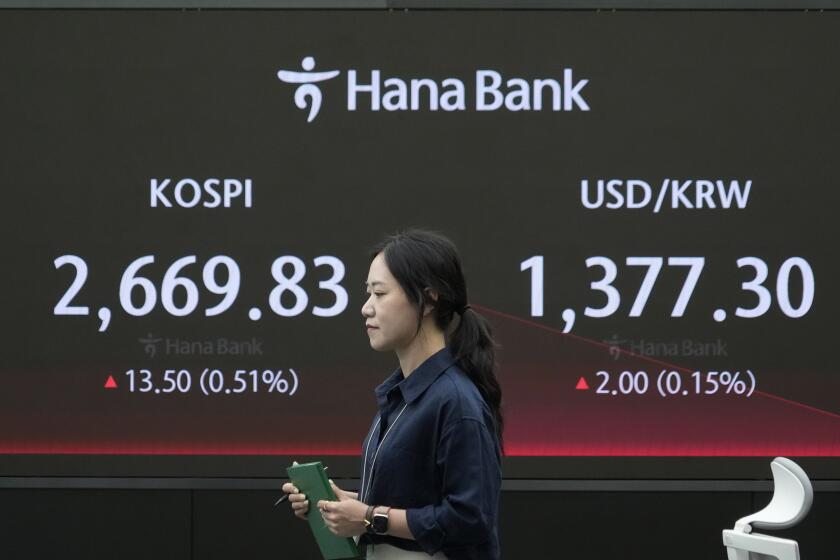U.S. going after just big Swiss accounts
If your secret Swiss bank account did not contain too much money or generate too much income, you can breathe easier: A landmark deal between the United States and Switzerland to expose U.S. tax dodgers does not call for the Swiss to blow your cover.
But if you exceeded the threshold and failed to disclose the account to the Internal Revenue Service, don’t count on Switzerland’s legendary tradition of bank secrecy to protect you any longer.
It may be just a matter of time before your account details are in the hands of U.S. tax collectors and prosecutors. That is the upshot of a previously confidential annex to an August settlement by the IRS with the Swiss government and Swiss banking giant UBS.
Revealing for the first time the criteria used to determine which accounts in Switzerland’s largest bank are subject to disclosure, the IRS said Tuesday that Swiss authorities did not have to spill the beans on Americans who had less than $248,200 (250,000 Swiss francs) in their UBS accounts or received less than $99,280 (100,000 Swiss francs) in annual revenue from them.
On the other hand, the Swiss agreed to process an IRS request for disclosure if a U.S. resident had more than $992,802 (1 million Swiss francs) in an undeclared UBS account at any time from 2001 through 2008, or if the account generated more than $99,280 (100,000 Swiss francs) in average annual income over a three-year period.
The annex offers further evidence that, to end a potentially devastating legal battle with the U.S., Switzerland compromised the client protections that have help make it a global banking powerhouse.
Hilzenrath writes for the Washington Post.






